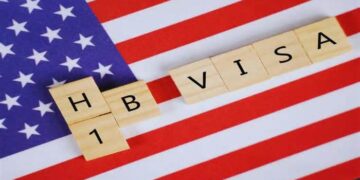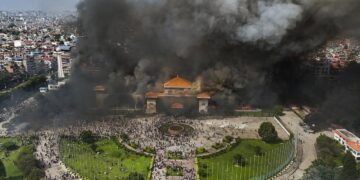Sri Lanka drafting bill to curb growing incidents of religious slander on social media

Colombo: Sri Lanka’s Minister of Religious Affairs has said that a new law is being drafted to control the increasing incidents of religious blasphemy and online abuse.
The move comes after stand-up comedian Natasha Edirisooriya allegedly made some derogatory comments about religions that she uploaded online.
Edirisooriya apologized, but a complaint was registered and he was arrested on Sunday when he tried to leave the country.
Sri Lanka’s Minister of Buddhist, Religious and Cultural Affairs Vidura Wickramanayaka said on Sunday that a law would soon be passed to curb the increasing incidents of religious blasphemy in Sri Lanka.
“This will stop all incidents of denigration of religion on social media,” he asserted.
The controversies surrounding Etirisuriya’s comments are not a one-off incident. Earlier this month, Father Jerome Fernando, who was accused of making derogatory comments about God Buddha, claiming to be God, went viral on social media.
On May 15, President Ranil Wickremesinghe ordered the Criminal Investigation Department to immediately investigate the matter, arguing that such reports could create religious conflict in the country.
Fernando apologized, as did the sun. However, he fled to Singapore and filed a Fundamental Rights Petition to prevent his arrest.
In January, popular YouTuber Sepal Amarasinghe was taken into police custody for making derogatory comments about Lord Buddha’s enshrinement.
The Temple of the Sacred Tooth Relic is a Buddhist temple in Kandy. It is located in the royal palace complex of the former Kingdom of Kandy, which houses the Buddha’s Tooth Relic. The arrest comes after members of Parliament across the aisle unanimously condemned Amarasinghe’s comments on his YouTube channel.
Amarasinghe has nearly 80,000 subscribers on his YouTube channel and is an outspoken man who is well known on social media for his unorthodox views that challenge established traditions and customs.
More than 74 percent of Sri Lanka’s 22 million people are Buddhists.
Sri Lanka’s constitution recognizes Buddhism as the “primary” of the country’s religious beliefs and commits the government to protecting it while respecting the rights of other religious minorities.

















